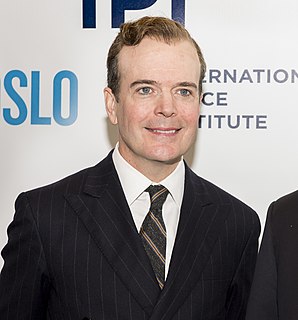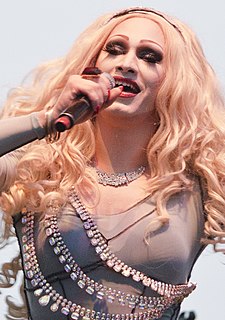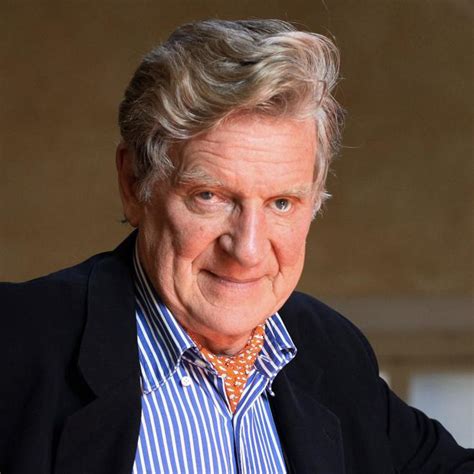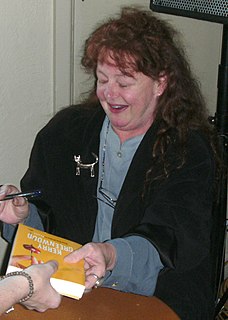A Quote by Michael Dirda
Not all of E. Nesbit's children's books are fantasies, but even the most realistic somehow seem magical. In her holiday world, nobody ever goes to school, though all the kids know their English history, Greek myths, and classic tales of derring-do.
Related Quotes
I have always enjoyed dealing with a slightly surrealistic situation and presenting it in a realistic manner. I've always liked fairy tales and myths, magical stories. I think they are somehow closer to the sense of reality one feels today than the equally stylized 'realistic' story in which a great deal of selectivity and omission has to occur in order to preserve its 'realist' style.
Had there been no Renaissance and no Italian influence to bring in the stories of other lands English history would, it may be, have become as important to the English imagination as the Greek Myths to the Greek imagination; and many plays by many poets would have woven it into a single story whose contours, vast as those of Greek myth, would have made living men and women seem like swallows building their nests under the architrave of some Temple of the Giants.
I suppose there is no place in the world where snobbery is quite so ever-present or where it is cultivated in such refined and subtle forms as in an English public school. Here at least one cannot say that English ‘education’ fails to do its job. You forget your Latin and Greek within a few months of leaving school — I studied Greek for eight or ten years, and now, at thirty-three, I cannot even repeat the Greek alphabet — but your snobbishness, unless you persistently root it out like the bindweed it is, sticks by you till your grave.
Most Muggles lived in a world defined by the limits of what you could do with cars and telephones. Even though Muggle physics explicitly permitted possibilities like molecular nanotechnology or the Penrose process for extracting energy from black holes, most people filed that away in the same section of their brain that stored fairy tales and history books, well away from their personal realities: Long ago and far away, ever so long ago.
Though now we think of fairy tales as stories intended for very young children, this is a relatively modern idea. In the oral tradition, magical stories were enjoyed by listeners young and old alike, while literary fairy tales (including most of the tales that are best known today) were published primarily for adult readers until the 19th century.
I've heard people ask, What's so sacred about a classic books that you can't change it for the modern child? Nothing is sacred about a classic. What makes a classic is the life that has accrued to it from generation after generation of children. Children give life to these books. Some books which you could hardly bear to read are, for children, classic.
Most kids don't believe in fairy tales very long. Once they hit six or seven they put away "Cinderella" and her shoe fetish, "The Three Little Pigs" with their violation of building codes, "Miss Muffet" and her well?shaped tuffet—all forgotten or discounted.And maybe that's the way it has to be. To survive in the world, you have to give up the fantasies, the make?believe.
Myths, as compared with folk tales, are usually in a special category of seriousness: they are believed to have "really happened,"or to have some exceptional significance in explaining certain features of life, such as ritual. Again, whereas folk tales simply interchange motifs and develop variants, myths show an odd tendency to stick together and build up bigger structures. We have creation myths, fall and flood myths, metamorphose and dying-god myths.
I started reading seriously at seven or eight, books about myths and legends, the Narnia series. By the time I was 11, I had read all the children's books in my local library, so I moved on to 'Jane Eyre.' What I loved about Jane Eyre was that she didn't rely on her looks but her character. She had a spirit nobody could break.




































